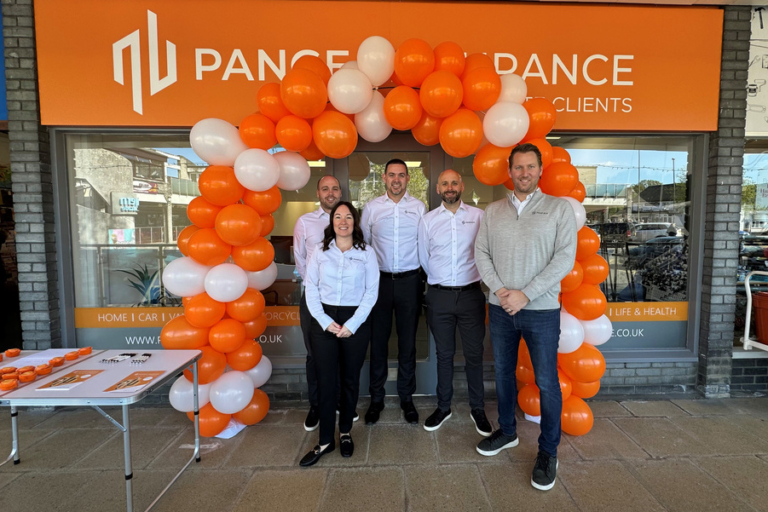Southampton: R&D tax credits on the rise, says BDO

Research and development (R&D) tax credits were introduced 14 years ago as a means of incentivising UK businesses to invest in innovation. Official statistics released recently by HM Treasury confirm what the R&D tax team at BDO LLP in Southampton has been seeing – that claims continue to increase significantly, as more and more companies understand the sheer breadth of application of the relief.
Total R&D support has now risen to £1.4 billion annually, a figure that increased by £150 million in the past 12 months alone. 28,500 SMEs claimed the relief in 2013, along with 7,000 large companies.
The UK taxation landscape has significantly changed since R&D tax credits were introduced in 2000, says BDO. For example, we have seen a move to reduce headline rates of corporation tax (30% to 20%) and the ongoing crackdown on aggressive tax avoidance schemes as a way to further reduce tax liabilities, as the Government looks to attract inward investment and simplify the tax landscape.
Throughout this, the Government’s support for R&D tax credits has remained consistent, and indeed increased. R&D tax relief now offers SMEs relief of 225% of qualifying costs, or a cash credit for loss-making businesses of 33p per £1 of qualifying costs. Large companies (defined as those with over 500 employees, and turnover of over EUR 100m or a balance sheet total of over EUR 86m) are entitled to a 10% taxable credit, potentially repayable net of tax. Fourteen years ago the relief for SMEs was 150% of qualifying costs, and cash credits for loss-making businesses of around 25p per £1 of qualifying costs, and larger company’s relief was125% of qualifying costs.
The old saying that R&D tax credits ‘don’t just apply to men in lab coats’ really does hold true, and we have seen an enormous increase in the number of companies claiming R&D relief in respect of software that is developed internally, as just one example.
Likely reasons for the increase include the improvements made to the R&D tax credits scheme in the past two years, making it more accessible. This is combined with continued investment by HMRC into training specialist teams of inspectors to assess claims – in our experience, adopting an open, collaborative approach to ensuring companies claim what they are justly entitled to.
James Tetley, tax director in the Southampton R&D team at BDO, commented: “By far the biggest challenge that I see day-to-day is educating businesses on the scope of potential claims. In the past 12 months, I have made claims spanning all sectors and types of company imaginable, from superyacht manufacturers to online price-comparison websites, and precision engineering companies (for example Rimor, based in Denmead a world-leading high-technology supplier in the oil and gas sector) through to national civil engineering contractors.”
Interestingly, the highest number of claims nationally was made in the South East region, comprising 3,000 claims, claiming just under £400m of tax relief. Main sectors to claim the relief are manufacturing, professional technical and scientific, and information and communications. “What is surprising,” said Tetley, “is comparatively how little is being claimed by other sectors such as construction, and financial and insurance.”
Overall, in BDO’s view, the tax landscape for encouraging UK-based innovation has never been so good. SMEs making losses can now gain relief of £33 per £100 spent – buy three get one free.
Equally, recent changes to the scheme for large companies means that they too can obtain a cash tax credit where they are loss making – a change that Tetley says is significantly changing large corporate attitudes towards the attractiveness of claiming the relief. “Whereas historically, large loss-making companies could only make an R&D claim to enhance their losses carried forward, the ability to unlock cash for reinvesting into innovation is a massive incentive to invest time in making a claim now.
"Regardless of sector, companies need to critically consider whether they are carrying out work that seeks to advance the company’s scientific or technological knowledge and capability, achieved through the resolution of scientific or technical uncertainty. The key is in how this definition is applied to individual businesses, and this is where it is all too easy to miss out on tax incentives that businesses are being encouraged to claim."













